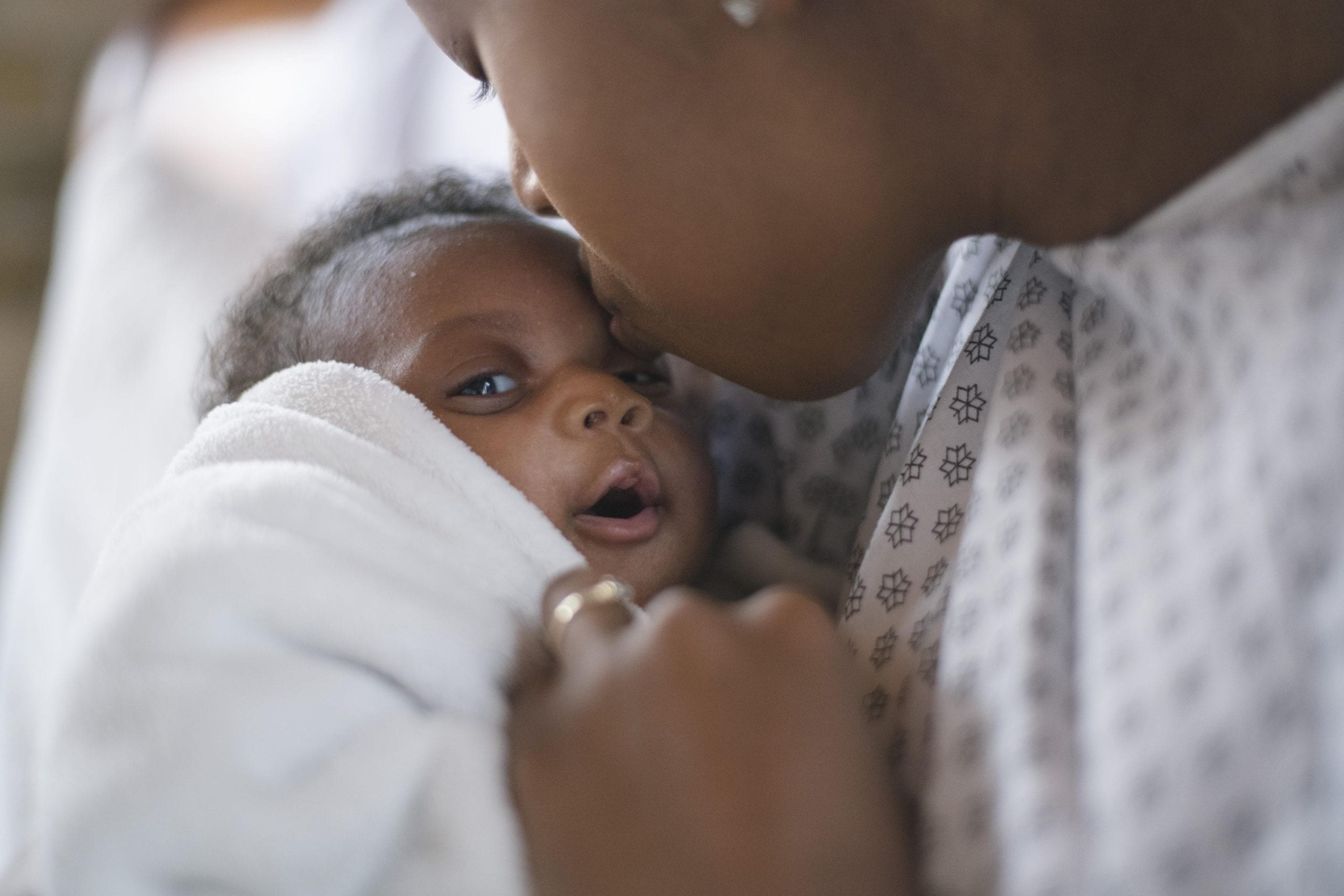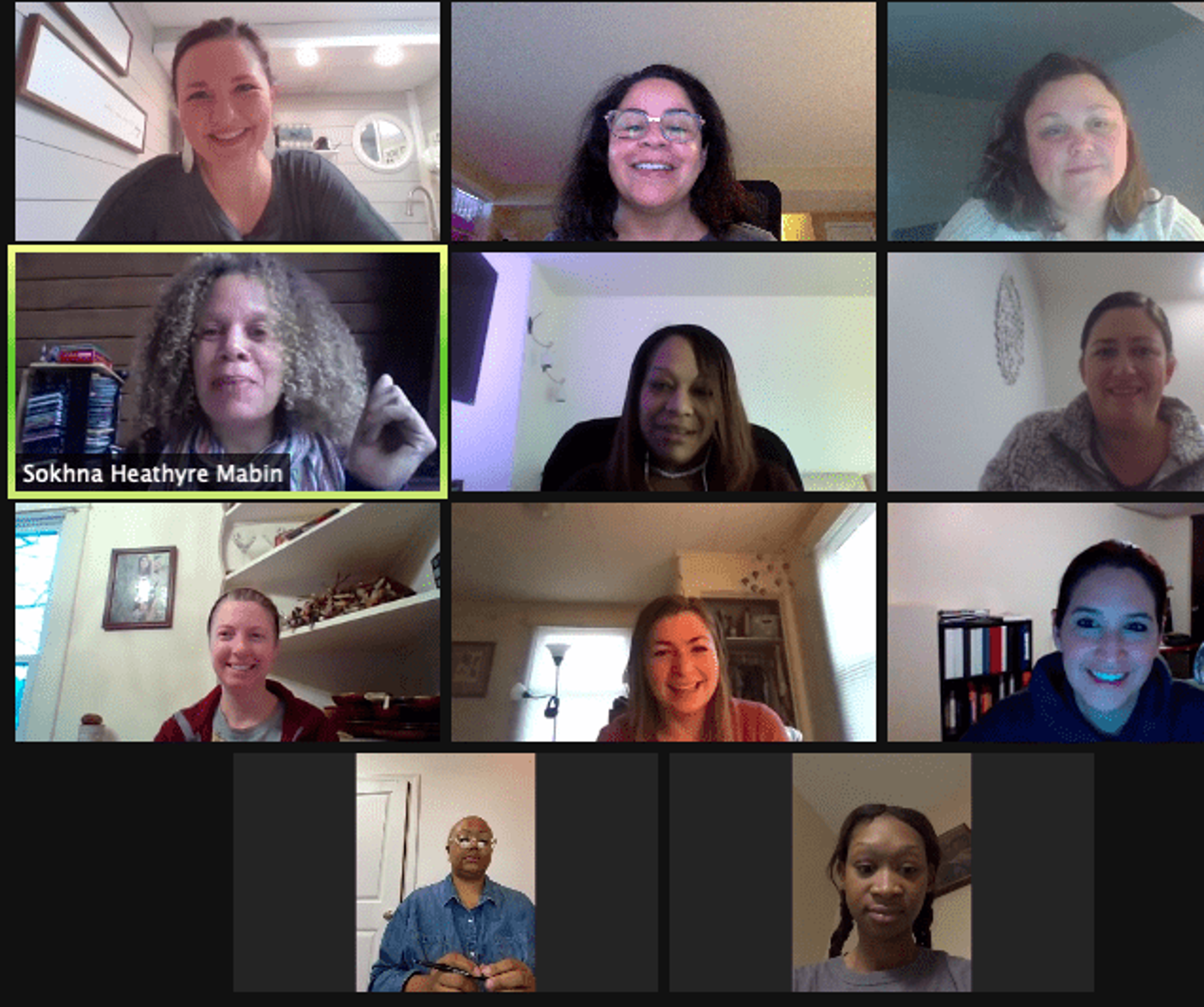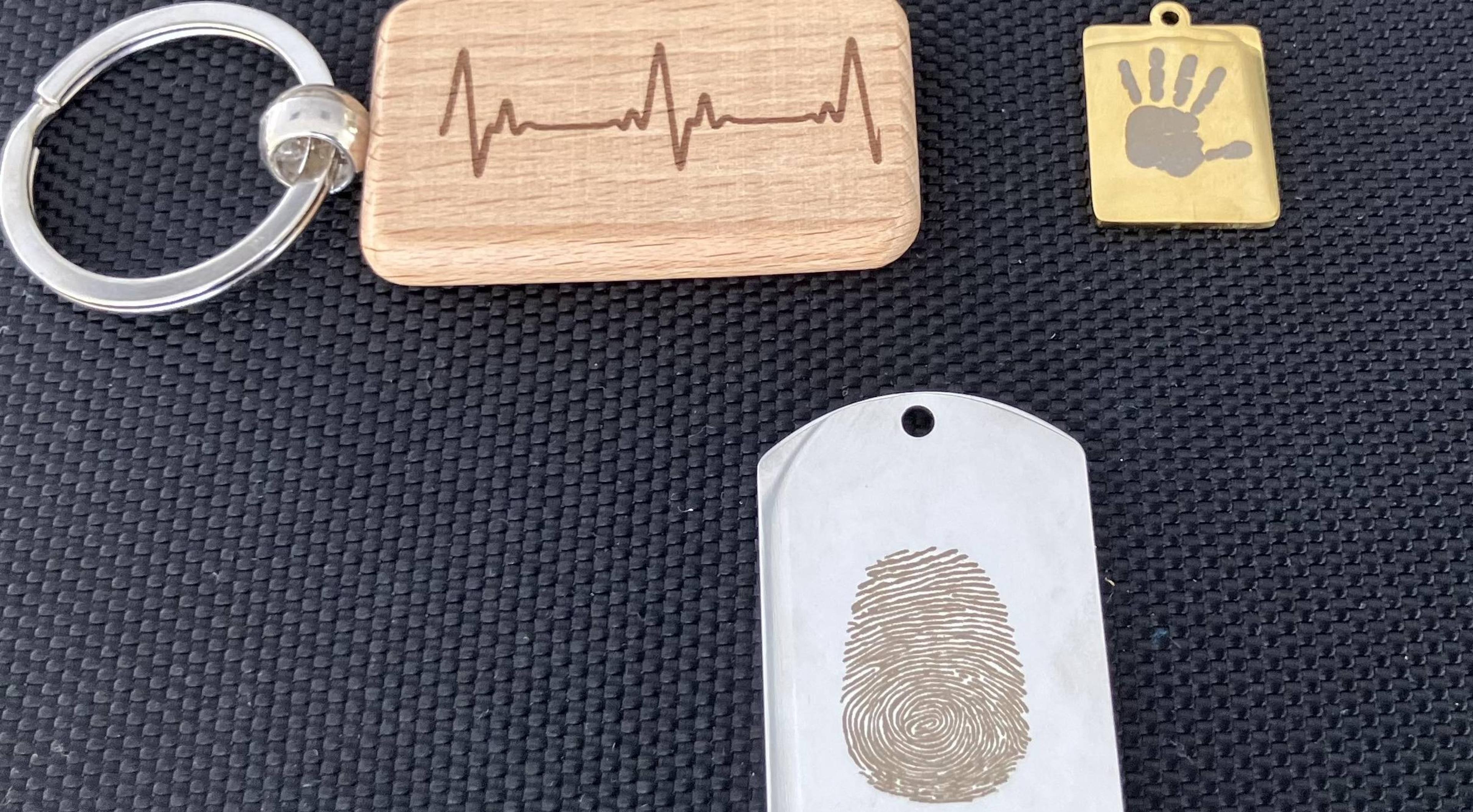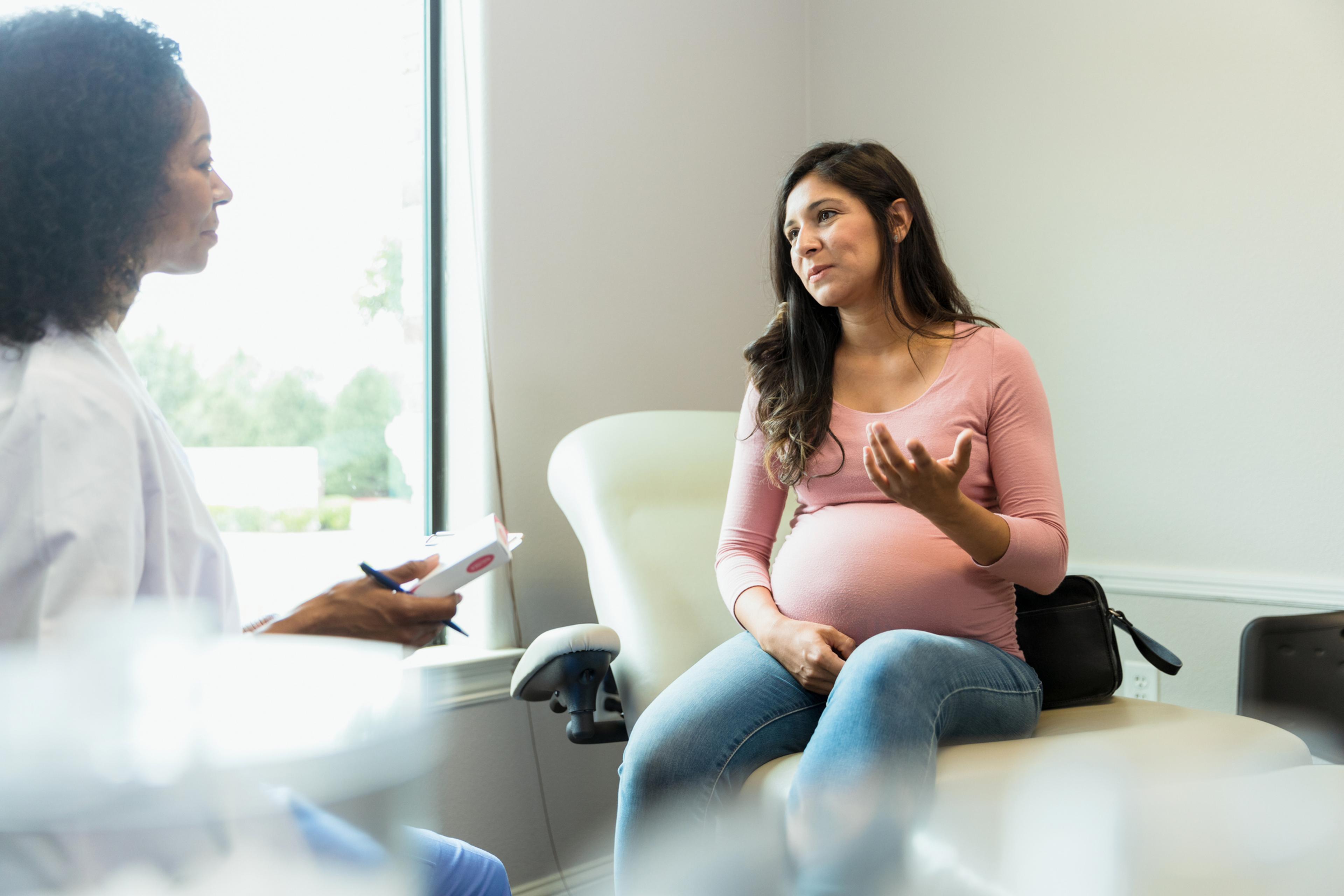BCBSM Foundation,Children’s Health,Social Determinants of Health,Inclusion & Workplace Engagement,Maternal Health
Embedding Doulas at Kalamazoo Hospital Hoped to Decrease Infant Mortality Rates, Disparities
Julie Bitely
| 4 min read

Extra support in the delivery room for expectant Kalamazoo-area moms will hopefully lead to more babies reaching an important milestone: their first birthday. A $35,000 grant from the Blue Cross Blue Shield of Michigan Foundation and matching funds of $35,000 from the Western Michigan University Homer Stryker Medical School will be used to create and train a network of doulas to assist the most at-risk women giving birth at Bronson Hospital in Kalamazoo. The effort is aimed at addressing disproportionate rates of infant mortality. In Kalamazoo, babies born to Black mothers are three to four times more likely to die before their first birthday than babies born to white mothers. Rates of infant mortality for every 1,000 live births are 4.7 for white infants and rise to 15.3 for Black infants, one of the worst rates in the state. Doulas are also expected to help overcome disparities in maternal mortality rates. Nationally, Black women are three to four times more likely to die of pregnancy-related complications than white women, according to the Centers for Disease Control and Prevention. This issue is one that the medical school, in tandem with community partners, have been working on since 2014 when they formed Cradle Kalamazoo, which “centers its work on a public health model that recognizes people live in a social and environmental context that affects their health.” The collective group’s goal is to get to an overall infant mortality rate of less than three per 1,000 live births in Kalamazoo, with zero disparities between Black and white babies. “What we’ve learned is that women of color sometimes don’t know how to be advocates for themselves and oftentimes don’t trust the hospital system and providers,” said program lead Dr. Silvia Linares, assistant professor, Department of Obstetrics and Gynecology, Western Michigan University Homer Stryker M.D. School of Medicine. “This can also be a factor for women without emotional or financial support who are facing the stress of pregnancy and feeling alone. We hope the doulas will serve as advocates and support women in working toward their own self-agency. This program will help us reduce systemic disparities.”
The role of doulas
A doula is professionally trained to provide physical, emotional and educational support to women giving birth. During labor, doulas provide advice, personalized assistance, massages, guided breathing exercises and pain-relief techniques such as helping women find more comfortable laboring positions. Doulas can also help answer any questions women might have that they don’t feel comfortable asking medical staff about. Research shows that having a doula present during the birth can help reduce cesarean sections and reliance on anesthesia and other pain medications. Linares said doulas will help empower women to have the birth experience they want. She said many women want to avoid cesarean sections and pain medications and doulas will provide an extra layer of support to help them with pain-reduction techniques and breathing exercises. “If you have someone to support you, you might use less pain medication, have more effective labor, and feel empowered to make informed decisions. All these factors contribute to healthier deliveries, lower stress and anxiety, and reduced need for c-sections,” she said. Doulas in the Kalamazoo program will also provide care after the baby is born by visiting the family at home, following COVID-19 protection protocols as necessary. At home, the doula will assist new moms with breastfeeding questions and education on safe sleeping practices. There will also be follow-up support from a community health worker to assist with any needs such as food insecurity, housing support or transportation needs to help get mom and baby to follow-up medical appointments. Both the doula and community health worker can also assess the mother’s risk for post-partum depression as well as help in securing timely mental health support.
Supporting Kalamazoo moms and babies

A team of about eight doulas will be ready to assist women in Kalamazoo starting in January 2021. Linares and her team are working to get the word out about the program to clinics where expectant moms at the highest risk are receiving prenatal care so they’re aware of this new support option during labor and post-partum. Women with no emotional support can also request a doula be present for a baby’s delivery at the hospital. The program will be evaluated for its effectiveness and Linares and team are hopeful the results will help make the doulas a permanent part of the care team, especially for expectant moms of color and their babies. The evaluation will look at rates of cesarean sections, pain medication, APGAR scores and other metrics before and after the doula support program. “The Blue Cross Blue Shield of Michigan Foundation continues to look for ways to address and eliminate disparities in health care access and outcomes,” said Audrey Harvey, executive director and CEO of the Blue Cross Blue Shield of Michigan Foundation. “We’re confident that the work Dr. Linares and her team are embarking on will build on already-established efforts to reduce infant and maternal mortality in Kalamazoo while eliminating disparities in birth outcomes.” Related:
Photo credit: Fat Camera





